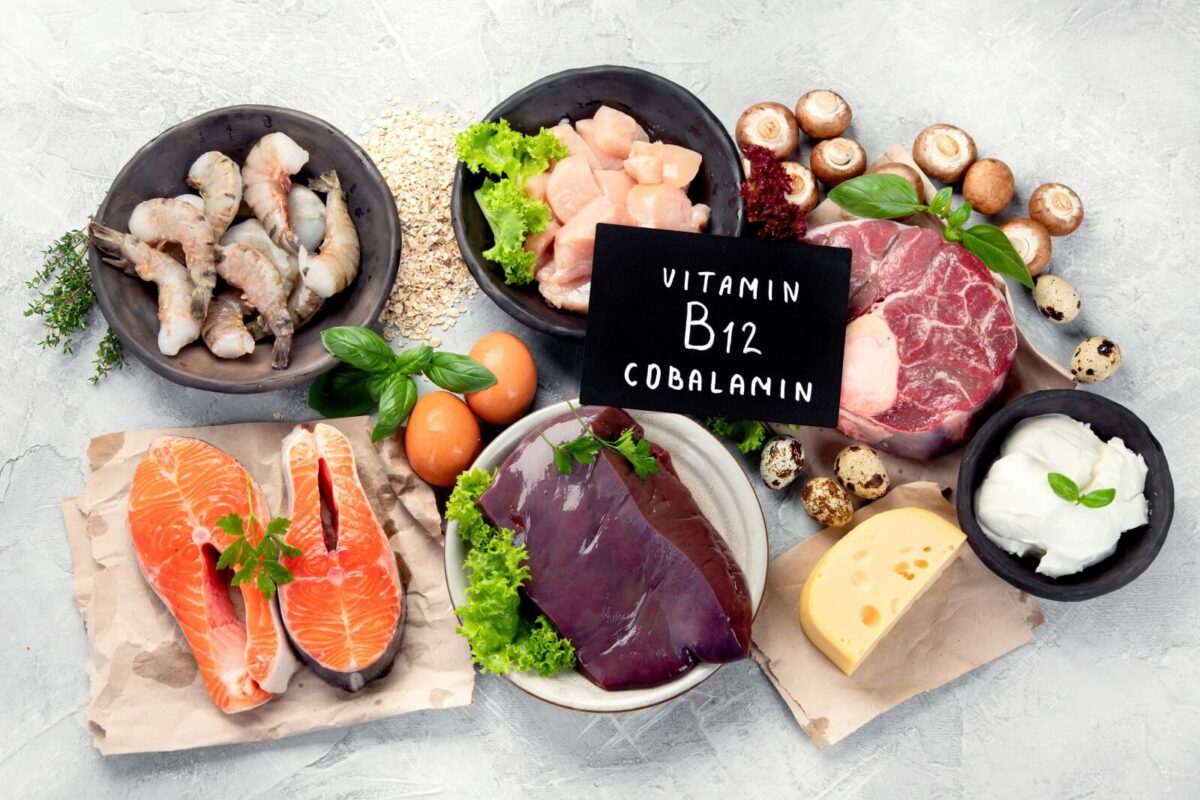In the pursuit of shedding those extra pounds, tons of many factors come into play. – That includes everything from a balanced diet to regular exercise and everyday lifestyle choices.
But have you ever wondered if your vitamin levels could also play a role in your weight loss journey?
Specifically, can low vitamin D prevent weight loss?
In this blog, we’ll investigate the intriguing link between vitamin D and weight management.
Understanding Vitamin D
Vitamin D––”the sunshine vitamin”––is crucial for various bodily functions.
It primarily regulates calcium and phosphorus absorption, contributing to healthy bone development and maintenance.
But its influence goes beyond bones. Experts believe vitamin D has noticeable impacts on other aspects of health, including immune function, cardiovascular health, and even weight management.
The Connection: Vitamin D Deficiency and Weight Gain
Emerging research has unveiled a potential link between low vitamin D levels and difficulties in losing weight. While it’s not a direct causation, there are several mechanisms that suggest a relationship between the two:
Regulating Metabolic Rate
It’s suggested vitamin D may play a role in regulating metabolic rate––the speed at which your body burns calories.
Some studies suggest individuals with sufficient vitamin D levels may have a more active metabolism. This can help you lose weight.
Frustrated with slow progress? Sign up to get our 5 Weight Loss Tips and 5-day email course, free.
Appetite Regulation
Vitamin D receptors are found in brain areas that regulate appetite.
Low vitamin D levels could inhibit the signaling pathways linked to hunger and satiety. This can lead to overeating and challenges in managing portion sizes.
Fat Storage
There’s evidence to suggest that low vitamin D levels could encourage the storage of body fat, particularly in visceral fat deposits.
Visceral fat (abdominal fat) is correlated with a higher risk of various health issues, including obesity and metabolic syndrome.
How Much Vitamin D Helps You Lose Weight?
The recommended daily intake of vitamin D for most adults is 10 to 20 micrograms (mcg). But, as always, be sure to check with your healthcare provider.
Symptoms of Vitamin D Deficiency
Vitamin D deficiency has been linked to certain mental and physical health issues:
- Changes in mood
- Depression
- Fatigue
- Increased or decreased appetite
- Muscle aches or cramps
If you’re experiencing these symptoms, talk to your healthcare provider to get your vitamin D levels checked with a blood test. Once you know your vitamin D status, you and your doctor can create a plan to get your vitamin D levels where they need to be.
How to Boost Your Vitamin D Levels
If you aren’t getting adequate amounts of vitamin D, here are some steps you can take:
Eat More Dietary Sources of Vitamin D
Foods that are packed with vitamin D include:
- Fatty fish (salmon, mackerel)
- Egg yolks
- Fortified dairy products or plant-based milk products
- Mushrooms
Increase Your Sun Exposure
Unlike other vitamins, you don’t have to get vitamin D from your diet. You can get vitamin D from the sun. To increase your vitamin D intake, spend more time outside on sunny days. Don’t forget to wear sunscreen!
Vitamin D Supplementation
If you aren’t getting enough vitamin D through sunlight and diet alone, consult a healthcare professional about taking vitamin D supplements. They will help you get the right dose of vitamin D for your specific needs.
Losing Weight with Vitamin D
While the question “Can low vitamin D prevent weight loss?” doesn’t have a straightforward answer, there’s certainly a growing body of evidence suggesting that maintaining adequate vitamin D levels might contribute positively to weight management efforts.
As you embark on your weight loss journey, remember that it’s a holistic approach that includes various factors like diet, exercise, and overall lifestyle choices.
Lifelong Metabolic’s weight loss program takes these factors into consideration, along with genetics.
That’s why our weight loss program includes a DNA test, which allows us to determine what exercises and foods are most effective for you to lose weight and keep the weight off for life.
Contact us today to learn more about our weight loss program.











